Remortgage
- Access to competitive rates
- Specialist Mortgage Advice
- Relationships with a variety of lenders
What's On This Page?
Get In Touch
Home » Remortgage

Remortgage
Kelly Nicholson and Lauren Tebb talk us through the remortgaging process.
What is remortgaging and what are my options?
A remortgage is essentially taking your existing mortgage to a new lender. You have two main options when you’re looking for a new mortgage deal – you can either move from one lender to another if that’s a more suitable option for you, or you can process a ‘product transfer’ with your existing lender.
So there are a couple of different options and a few different ways to go about it.
When is it a good time to remortgage?
There’s a lot of reasons for remortgaging. For example, if your current fixed rate is coming to an end with your existing lender, you might want to move to a new fixed rate to avoid going on to the standard variable rate.
Maybe you want to borrow some more money, for anything from home improvements to consolidate unsecured debts into that mortgage payment – there can be better rates available by doing that.
Maybe your house’s value has increased, you might think that money could do more than just sit in your property as equity. Maybe you’re on a variable rate right now and you’re worried that interest rates are going up and want to change to a fixed rate.
Or maybe you’ve decided after years of being on an interest-only mortgage that you want to start repaying the balance, so you would like to move to a capital repayment mortgage.
There are a lot of reasons, and I’d always say if you’re not sure if it’s a good time for you, give us a call and we’ll be happy to chat that through, assess whether it’s something you can do and if it’s a good time.
When is a remortgage not a good idea? Why might you not want to remortgage?
There could be a number of reasons as to why remortgaging isn’t a great idea right now. The main ones we see are where circumstances have changed – if, for example, your income has decreased.
Or, if you have just started a new self-employed venture, you might not have the length of accounting or tax history that lenders would require to verify your income. That could make remortgaging very difficult.
The same applies if things have changed with your credit history. If you’ve missed any payments or defaulted, that could limit the number of lenders that would be able to offer you a remortgage, making it not a favourable time.
If you are still tied in on a fixed rate, you can remortgage but your existing lender may apply an early repayment charge and sometimes that fee is a considerable amount of money, so it’s not a financially good idea to remortgage when factoring this in.
It might not be a good idea to remortgage if your house value has reduced for whatever reason, or you don’t have a great deal of equity in the house. Lenders have limits as to how much equity they need for remortgages, this varies by lender and the reason why you’re remortgaging.
And finally, if your current interest rate is a really good one from a couple of years ago, remortgaging onto a potentially higher rate now won’t make it worthwhile.
There are a number of different reasons, and that’s what we would look at and advise whether it’s a good financial decision or not.
Speak To an Expert
Why remortgage at the end of a fixed rate deal? And what happens if I don’t remortgage after my deal expires?
If you don’t remortgage when you come out of your fixed rate deal, you will automatically move onto your lender’s standard variable rate. That rate is going to potentially change when interest rates go up and down and it tends to sit a little bit higher than other deals you could get with a remortgage.
You can also stay with your existing lender and switch on to a new fixed rate with them. That’s an option. It’s always a good idea, though, to look at the market as a whole and see what other deals are available for you. It might be best to stay with the same lender or it might be better to remortgage elsewhere.
If your early repayment charge period has finished or is close to expiring, it could be a good opportunity to look at taking money out of the property. Coming to the end of your current deal can be a really good time to assess your mortgage.
How do I improve my chances of getting a good remortgage?
A lot of this comes down to timing. Don’t leave it until the last minute. The best time to start looking at options is around six months before your current deal is due to end.
That gives us the opportunity to check the market, your circumstances, the lenders’ criteria, current interest rates and decide the best route.
With a remortgage from one lender to another, there’s always a solicitor involved to take the legal charge from your existing lender to the new one. These things can take time. If you leave it until a couple of weeks before your rate is due to expire, there might not be enough time to get everything completed, and you may pay a couple of payments on the standard variable rate. Timing is always key.
The usual things apply for getting any mortgage: make sure that you’re on top of your credit and you’re in a good financial position to prove to a lender that you’re a responsible borrower.
What fees are associated with a remortgage?
As we mentioned, you will need a solicitor. A lot of lenders offer a free solicitor service on a remortgage, but you may not be eligible for that, so solicitors’ costs are something to bear in mind.
Lenders will often have an arrangement fee. We can discuss the option to include that in your mortgage or pay it upfront. The only other lender cost is potentially a valuation fee, although again, a lot of lenders may offer a free valuation for a remortgage.
How can a mortgage broker help if I need to remortgage?
It comes down to assessing the whole of the market. We can assess your mortgage, what you’re looking to do and the timescales. We can advise on the most suitable mortgage product and lender for you and your circumstances.
If your existing lender is actually the better option for you, we can process a product transfer instead of a remortgage. We really do have all of the options available to make sure that whatever you’re wanting to achieve, we can find the best possible route to achieve that.
Think carefully before securing other debts against your home. Your home may be repossessed if you do not keep up with your mortgage repayments.
You may have to pay an early repayment charge to your existing lender if you remortgage.
